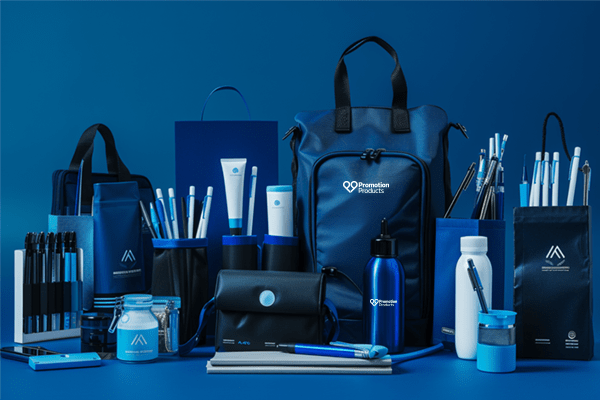The state of the market
As uncertain economic conditions and the threat of a recession loom over this year’s upfront market, media buyers predict deals may be slower and softer than in recent years. Over the past months, a fear among diverse-owned media has been that shrinking budgets may also shrink the already-fractional dollars set aside for DE&I investment.
ReachTV’s Bibbens doesn’t anticipate the economy having a negative impact on the network’s ad revenue, although he partly attributed that to the rise in post-pandemic travel.
“This year is the first year I think we’ll have mostly all of the agencies book upfronts with us, when in previous years, we didn’t have all of the agencies,” said Bibbens. “We’ve been educating each agency on what we’re really offering and getting that seat at the damn table so we can explain what our business is.”
Read more: DE&I media investments may be impacted by the economy
Revolt’s Samuels said the economy shouldn’t be the determining factor as to whether a brand invests in Black-owned media, regardless of the year’s budget.
“Lots of brands, once they get the opportunity to find an excuse to not spend will find that excuse,” said Samuels. “When corporate America wants to do something, they will. I fully believe that people will try to use the recession as an excuse to not spend, but for me, it doesn’t cut it. If you really believe in this consumer, if you really believe in this culture, if you really believe in equity, then there should be zero excuses for cutting what is 1% or 2% of your budget.”
Also read: TikTok videos come to airports in ReachTV deal
While many of the conversations around inclusion in advertising have focused on diverse-owned media specifically, major media companies have also developed increased initiatives around diverse productions, talent and audiences. Companies such as Warner Bros. Discovery and Disney have dedicated teams in their sales divisions to shepherd conversations about inclusion in ad deals, many of which go to programs meant to boost diverse production staffing or expansion of content representative of multicultural audiences.
“I was worried, candidly, that when the marketplace became more complicated and dollars were cut back, that people would lose focus and prioritization of what they were doing in the space,” said Rita Ferro, president of advertising at Disney during Ad Age’s conference. “I’ve been hugely and pleasantly surprised that that’s actually not what we’re seeing.”
Ferro said that Disney aims to have $1 billion invested in the company’s DE&I content and initiatives by 2025, and that every deal struck with Disney includes an aspect of diverse investment. The company also announced partnerships with Group Black, Equal Pride and others to create branded content this year for advertisers.
Similarly, Warner Bros. Discovery devoted a segment of its upfront presentation to a newly formed division of its sales team devoted to DE&I initiatives. The team will work with brands on programs to create content with diverse teams as well as invest in DE&I-targeted content sponsorships across the company’s portfolio.









